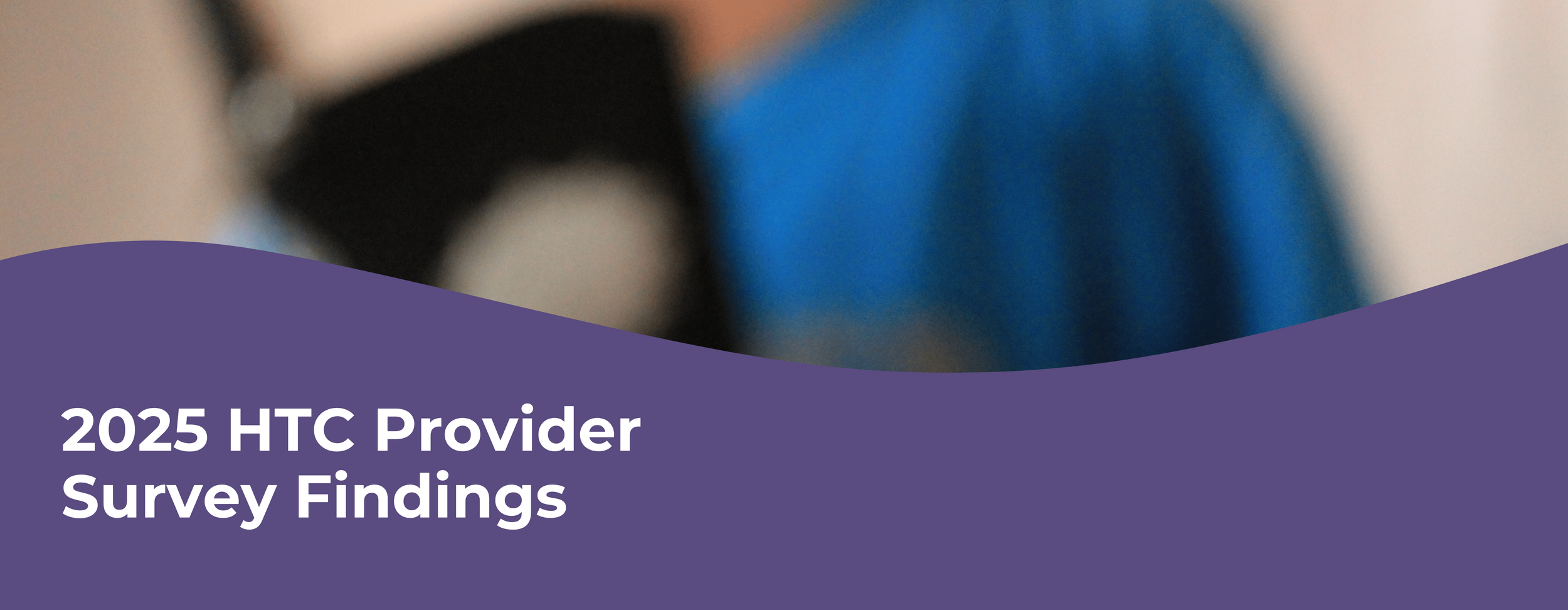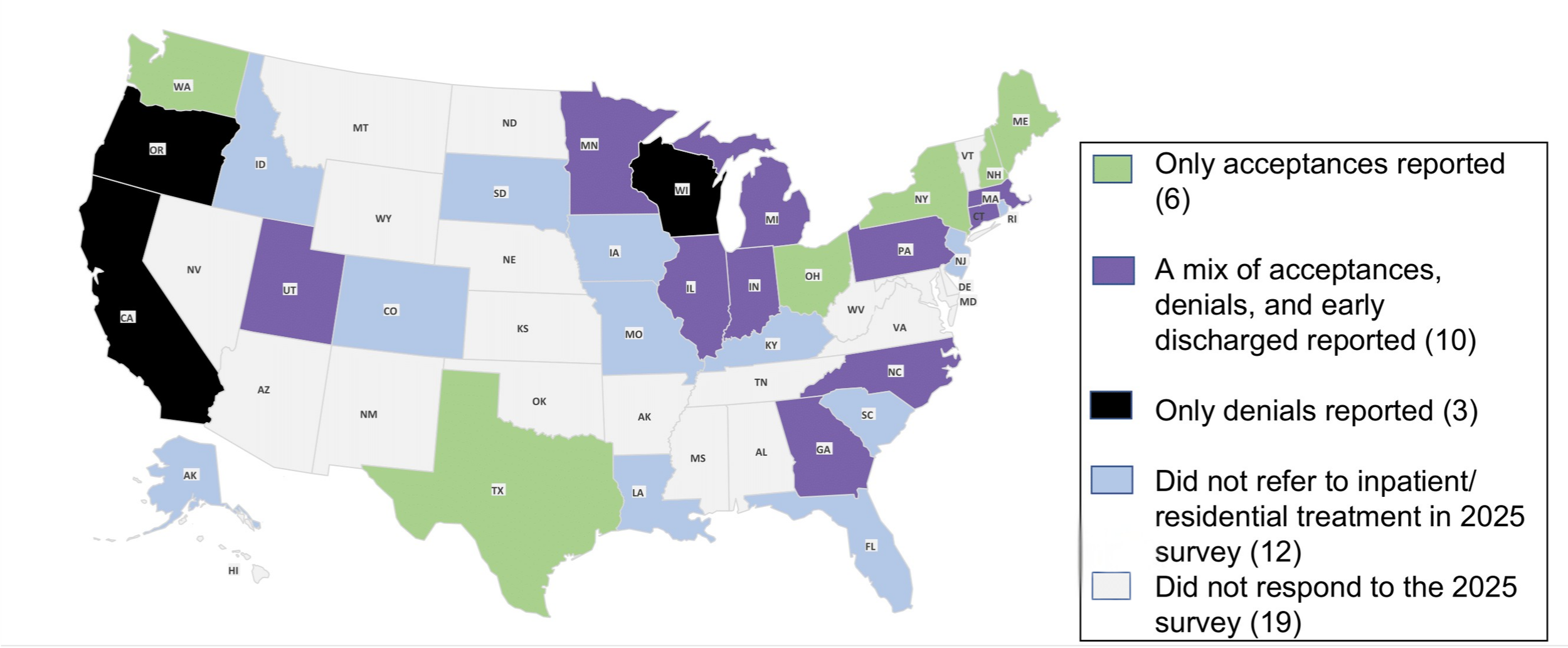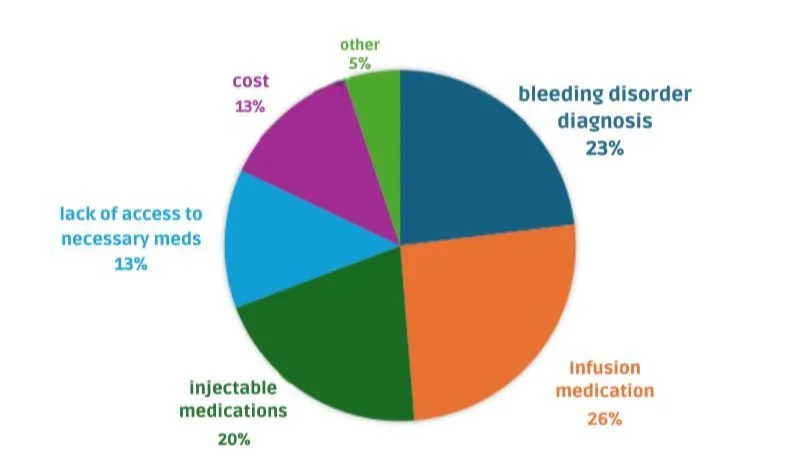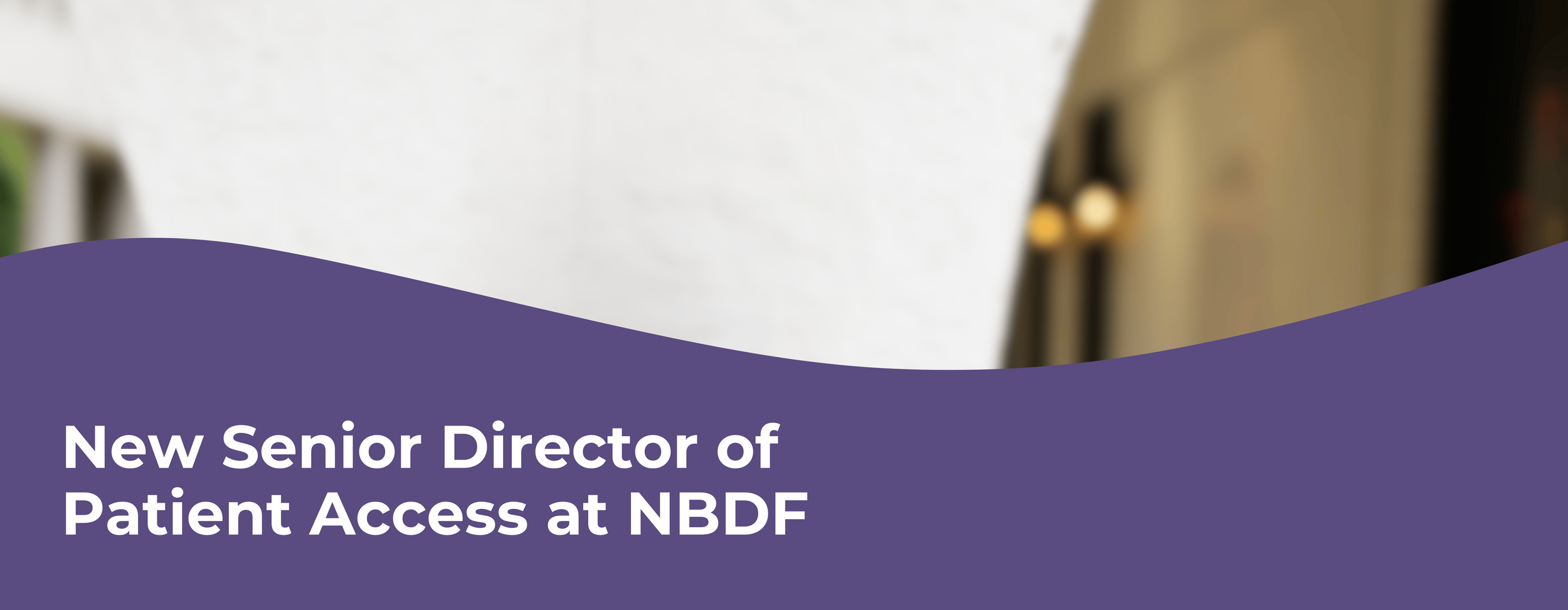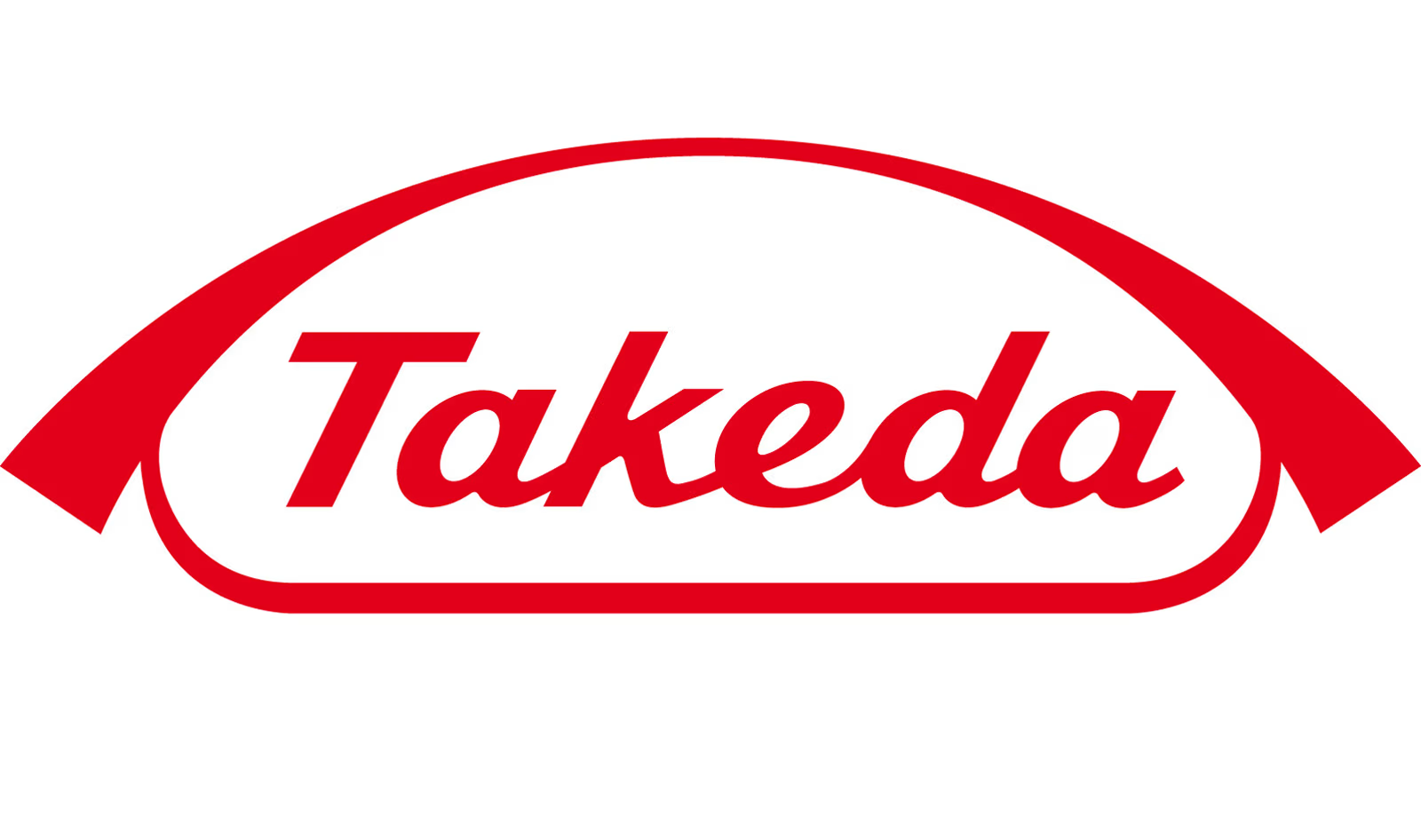November 2025 E-Newsletter: Is our work making a difference?
Authored by: The BD SUMHAC Team
We’re making an impact!
Over the past three years, BD SUMHAC has worked tirelessly at the national, state, local, and individual levels — changing policies, creating resources, educating providers, and advocating on behalf of our community.
But we wanted to know: has this work made a difference?
Earlier this year, BD SUMHAC surveyed hemophilia treatment center (HTC) providers across the country to assess our impact since 2022. The results are clear: BD SUMHAC is making a real difference for the bleeding disorders community.
With advocacy, patients with bleeding disorders can get access to treatment!
We’re proud to share the findings from this latest survey and to highlight how BD SUMHAC’s resources, education, and advocacy efforts are driving change and improving access to care.
Read on to see what we’ve accomplished together!
Key survey take-aways:
The numbers are small.
Only 21 HTC providers reported referring a patient with a bleeding disorder to inpatient or residential treatment in the past three years. While the numbers are small, this aligns with expectations given the rarity and complexity of these cases.
When referrals are made, they often succeed.
Encouragingly, 86% of providers who made referrals (18 out of 21) reported at least one successful acceptance into an inpatient or residential mental health or substance use treatment program. This demonstrates that access is possible when providers advocate on behalf of their patients.
State regulations are not the main barrier.
Most respondents who made referrals were able to identify at least one facility in their state willing to admit a person with a bleeding disorder — consistent with BD SUMHAC’s findings from state regulatory reviews conducted through the State Advocacy Program. Even in states where respondents did not report success, BD SUMHAC is aware of documented acceptances in California, Oregon, and Wisconsin.
2025: Respondents in most states are having some success
Provider advocacy continues to make the difference.
While these results show progress, ongoing provider advocacy remains essential. As illustrated in the map below, many HTC providers still encounter denials from inpatient and residential treatment facilities solely due to a patient’s bleeding disorder. Continued education and advocacy are key to ensuring equitable access to care across all states.
But provider advocacy is still required…
Our 2025 survey also revealed a new issue not previously reported: early discharge. Of the 13 mental health facility admissions, 3 patients were discharged before completing treatment due to their bleeding disorders. Similarly, 2 of the 8 substance use treatment admissions ended prematurely because of their bleeding disorders. These findings raise serious concerns about equity of care following admission.
Facilities continue to cite the following reasons for denying patients with bleeding disorders:
In most cases, the primary barrier is that the facility has the discretion to pick and choose who they would like to admit. Although the Americans with Disabilities Act and Section 504 are supposed to protect the bleeding disorders community from discrimination on the basis of disability, if the facility states “medical complexity” as the reason for denial, the denial is not considered discriminatory. While BD SUMHAC’s policy wins will make it easier for people with bleeding disorders and their providers to be effective advocates, the need for advocacy will continue indefinitely.
We need to keep educating facilities on the inequity of these denials and the resources available to help educate facilities on how to safely provide care for patients with bleeding disorders.
Meet the National Bleeding Disorders Foundation’s (NBDFs) new Senior Director of Patient Access, Aaron Blocker!
Aaron will serve as a key resource for the bleeding disorders community, helping individuals advocate for access to care — including inpatient and residential mental health and substance use disorder treatment.
If you, your loved one, or your patient has been denied access to treatment, NBDF can help. Contact Aaron at (929) 458-4630 or ablocker@bleeding.org for support, answers to your questions, or guidance on navigating BD SUMHAC’s resources.
Thank you, Takeda, for your support!
Your contributions are making a difference for the bleeding disorders community. We’re grateful for your partnership!


